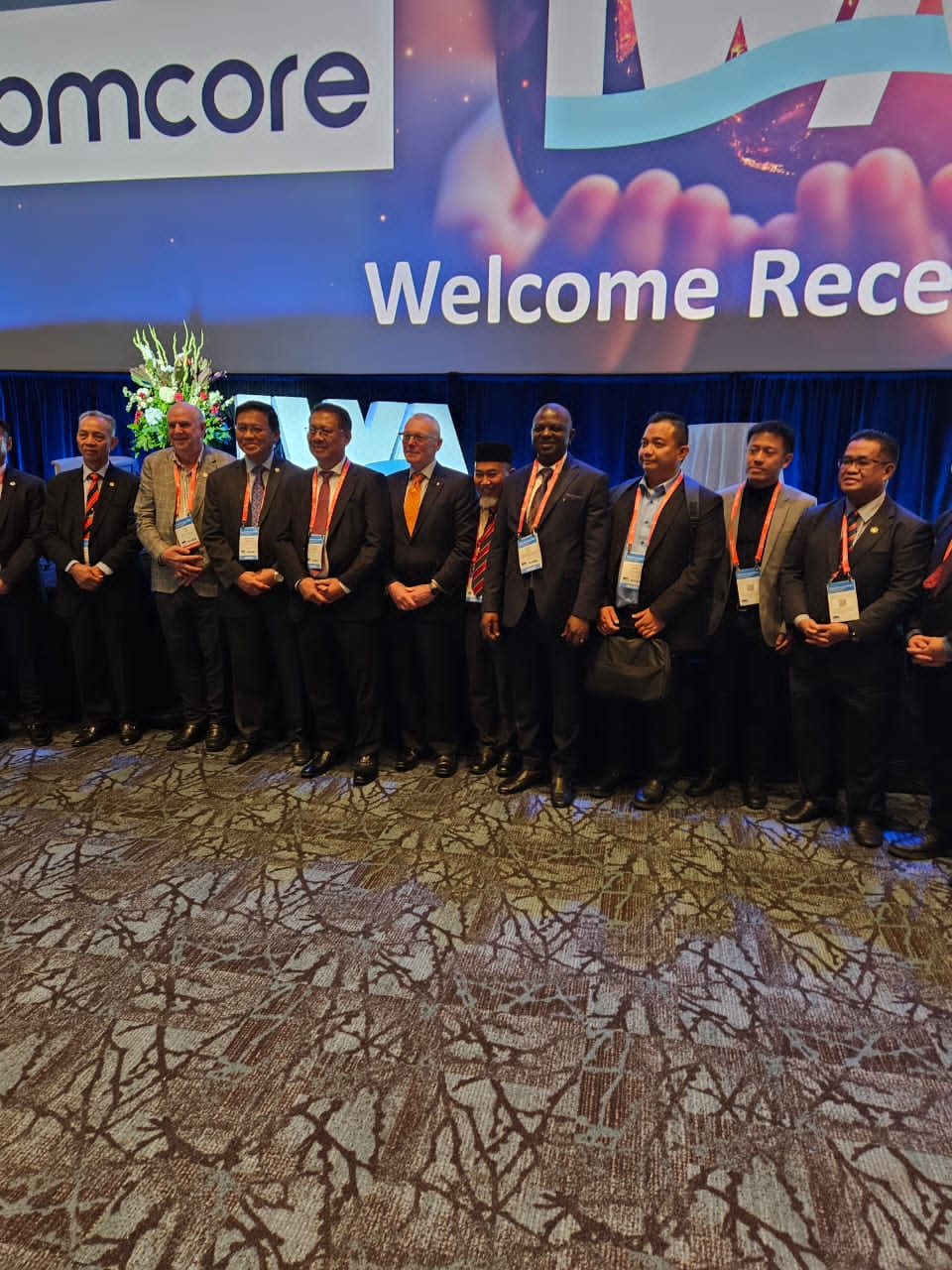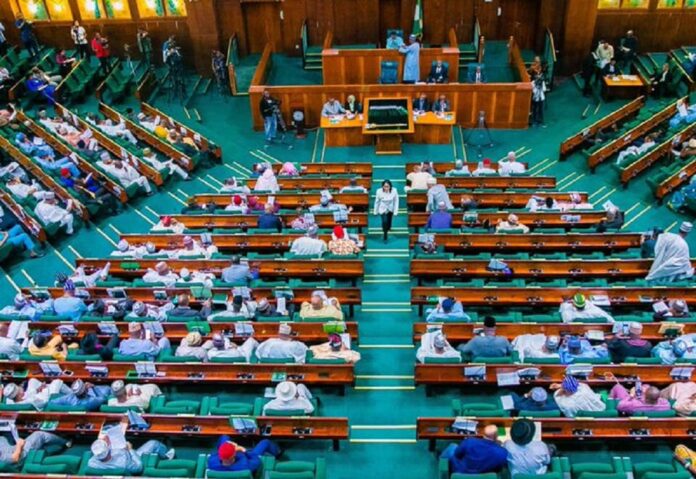Public health interest, in our view, comes before any profit – Professor Pate to Senate, Brace’s Higher Sugar Tax, 40% Health Earmark to Curb Rising Non-Communicable Diseases
Decisions you make here will determine whether the next generation of Nigerians inherits a healthier future, or a heavier burden of disease
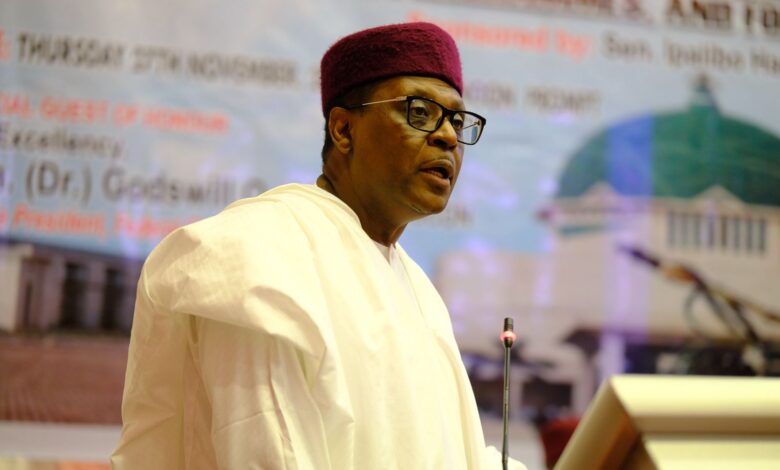
By Fatima Saka
The Coordinating Minister of Health and Social Welfare, Professor Muhammad Ali Pate, on Thursday made a strong case for a significant increase in taxes on sugar-sweetened beverages (SSBs) and the earmarking of part of the revenue for public health programmes, insisting that Nigeria must act urgently to curb the escalating burden of non-communicable diseases (NCDs).
Speaking at a public hearing of the Senate on the Bill to amend Section 21(3) of the Customs and Excise Tariffs (Consolidation) Act, which seeks to replace the existing ₦10 per-litre excise duty on non-alcoholic carbonated SSBs with a percentage levy tied to retail prices, Pate said the proposed reform represents a “progressive, evidence-based approach” to both health financing and disease prevention.
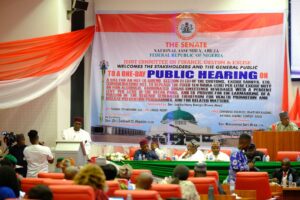
The hearing was hosted by the Senate Committees on Finance, Customs, and Health, and attended by key government officials, civil society organisations, private sector representatives and industry stakeholders.
Pate commended lawmakers for proposing a policy that aligns fiscal measures with public health priorities. He stressed that Nigeria’s growing population, estimated at over 230 million, faces a rapidly rising threat of NCDs driven by unhealthy dietary choices, including high sugar intake among young people and adults.

“There are voices of the Treasury, voices of the industry, and the voice of the public,” he said. “I speak for more than 277 million Nigerians confronting the risk of lifelong, preventable diseases. Excess consumption of sugar-sweetened beverages contributes to hypertension, diabetes, cardiovascular diseases, cancers, and dental caries.”
The minister urged the Senate to approve an increase of the SSB tax to the World Health Organization’s recommended threshold of at least 20 per cent of retail prices, significantly higher than the current fixed charge. He added that adjusting the tax for inflation would help sustain its health impact.
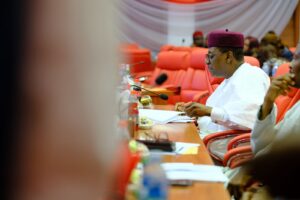
According to local and international studies, he noted, raising retail prices of sugary drinks would cut per-capita consumption by almost one-third, without removing consumer choice. The measure, he argued, would reduce preventable illness, strengthen public trust in government, and generate resources for badly needed health services.
Pate also called for earmarking at least 40 per cent of the revenue from the new SSB levy to finance public health programmes targeting diet-related NCDs. Such dedicated funding, he said, is critical as external donor resources for NCDs continue to shrink while domestic allocations remain insufficient.
“A reliable and sustainable funding stream will address key gaps in prevention and control,” he said. “It will also accelerate progress towards universal health coverage by expanding access to essential services, strengthening community-level interventions, and improving financial protection.”
He outlined complementary measures the ministry is implementing, including front-of-pack labelling, school-based nutrition policies, public education campaigns, improved surveillance systems, and enhanced hospital capacity, to reinforce the preventive intent of the tax.
Highlighting global examples from South Africa, Botswana, the United Kingdom, Mexico, and the Philippines, Pate noted that countries that implemented similar taxes recorded improved health financing and stronger progress towards universal coverage.
On the fiscal implications, the minister emphasised that Nigeria currently spends under $20 per capita on health from public sources, far below what is required to manage rising disease burdens. Prevention, he said, is far cheaper than treatment.
“The trade-off between the treasury, industry, and public health perspectives is what is being tested here,” he told lawmakers. “If we fail to act now, in 10 to 20 years we will face a much higher prevalence of diabetes and hypertension, with huge fiscal implications.”
Ending his presentation, Pate formally recommended increasing the SSB tax from ₦10 per litre to at least ₦20 per litre, and earmarking 40 per cent of revenues for NCD prevention and control.
Responding, Chairman of the Senate Committee on Finance, Senator Mohammed Sani Musa, sought clarification on whether the health ministry fully supported the proposed upward review. Pate affirmed his backing without hesitation.
READ ALSO: Global Funding Landscape Threatens HIV Progress in Africa – WHO Warns
Inner Wheel urges teenagers to report, speak out against GBV
“Yes, I am fully in support,” he said. “Public health interest, in our view, comes before any profit.”
The committee is expected to review submissions from stakeholders before presenting its report to the full Senate.



